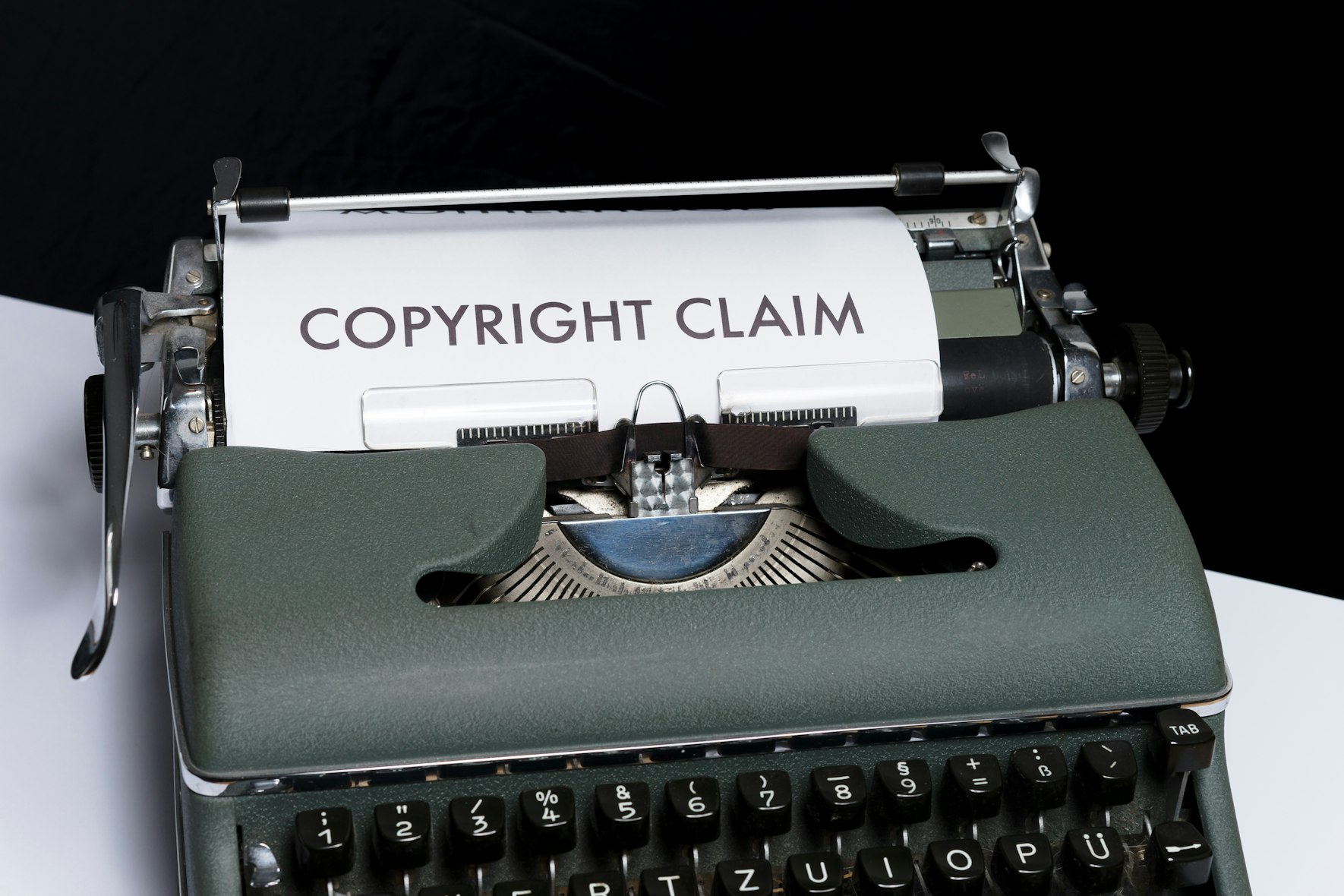Keyword: Legal Aid in Bangladesh
Legal aid means the assistance in the legal matters both inside and outside the courts to the poor and indigent litigants. Legal aid is a system of government funding for those who cannot afford to pay for advice, assistance and representation. Legal professionals use the phrase ‘legal aid’ to mean- counseling on any legal issue, giving honorarium to any pleader/ conciliator/ arbitrator, providing monetary aid to bear expenditure of the case, defending a person in a court of law. From the definition of ‘legal aid’ it can be inferred that the history of legal aid is as old as the practice of law because throughout the history, lawyers have advised and represented poor people without charge. Eight hundred years old clarion call of Magna Carta- “To no one will we sell, to no one will we refuse or delay the right to justice” very pertinently embodied the principle of legal aid.
Legal aid is recognized as right under various international human rights documents. Under article 7 of the Universal Declaration of Human Rights (UDHR), 1948 “all are equal before the law and are entitled without any discrimination to equal protection of the law”. International Covenant on Civil and Political Rights (ICCPR), 1966 set out specific obligations of states to provide state-funded counsel for indigent persons. Article 14(3) (d) of the ICCPR requires that an accused offender is entitled “and to have legal assistance assigned to him, in any case where the interests of justice so require, and without payment by him in any such case if he does not have sufficient means to pay for it”.
In line with the international commitment to the principle of equality of justice, it has been pledged in the preamble of the Constitution of the People’s Republic of Bangladesh that one of the fundamental aims of the state is to realize a society in which equality of justice will be secured for all citizens. Constitution guarantees ‘equality before law’, ‘equal protection of law’, ‘rule of law’ as fundamental rights and also incorporated principle of ‘equality of opportunity’, ‘emancipation of people from exploitation’ as fundamental principles of state policy. Unless legal aid could be claimed as of right it cannot be said that equality before law has been achieved. Legal aid should not be considered as charity; it should be provided in a right based approach to the poor, destitute, deprived, marginalized and backward sections of the people. It is reality that providing state sponsored legal aid is connected with the question of the burden on the public exchequer, but a sincere effort should be made to implement the Constitutional principles. Unless this can be done, for the vast majority of the people of the country the principle of rule of law and fundamental fairness grafted in the Constitution will have no meaning.
The concept of legal aid is also embodied in some other laws of Bangladesh. The Code of Criminal Procedure, 1898 in section 340(1) provides that “any person accused of an offence before a criminal court, or against whom proceedings are instituted under this Code in any such court, may of right be defended by a pleader”. The Legal Remembrance's Manual, 1960 in chapter XII provides that an indigent person accused of an offence punishable with death sentence is to be provided with the assistance of a lawyer at the expense of the state. The Code of Civil Procedure, 1908 in Order XXXIII provides for legal aid for ‘Pauper’ or indigent persons and allows them to institute suits without payment of requisite court fees.
In Bangladesh, legal aid to the indigent litigants was first taken up by the government by a resolution dated 06 January 1994. Under the resolution a legal aid committee was formed in every district chaired by the District Judge. Subsequently by another resolution dated 22 March 1997, government formed a national legal aid committee and also reconstituted district legal aid committees.
In the year 2000, to establish a firm legal and institutional framework, ‘the Legal Aid Services Act’ has been enacted in the Parliament of Bangladesh. The Act aims to provide legal aid to the poor litigants who are incapable of seeking justice due to financial insolvency, destitution, helplessness and also for various socio-economic constrains. The Act came into force with effect from 28 April 2000. In 2013 the Act has been amended to extend its function in the Supreme Court and Chowki Courts. In accordance with the mandate of the Act, government framed ‘Legal Aid Services Policy- 2014’ to determine the eligibility for getting legal aid. As per art.2 of the Policy following persons, among others will be entitled to receive legal aid: any financially incapable person whose annual average income is below Tk. 1,50,000 in case of Supreme Court cases and in case of other courts Tk. 1,00000; any freedom fighter who is unable to earn Tk. 1,50,000 annually; any worker whose annual income is below Tk. 1,00,000; any children; victims of trafficking and acid violence; Women and children victim of physical, mental and sexual oppression; person having no shelter/vagabond; person belonging to minor races, ethnic sects and communities; victims of domestic violence; Any individual receiving old age allowance; destitute mothers holding VGD card; allottee of a house or land in a model village; any financially incapable widow, a woman abandoned by husband and a destitute woman; any person who is disable, partly or fully unable to work or unemployed; and victims of natural disaster.
To implement and monitor the government legal aid scheme in Bangladesh National Legal Aid Services Organization (NLASO) has been established under the Legal Aid Services Act on 11th June 2000. The NLASO is a statutory body headed by an officer in the rank of District Judge as the Director and having its head office at Dhaka. The general direction and administration of the affairs and functions of the NLASO is vested in a National Board of Management. There are 64 District Legal Aid Committee functioning under the NLASO to maintain legal aid fund allocated by the government which is spent for poor litigants upon their applications. Upazila & Union Legal Aid Committees were formed under a Regulation of 2011, with the main function of collecting and receiving application for legal aid and sending thereof to the District Committees.
━━┅━━━┅━━
Copyright: Any unauthorized use or reproduction of Bangladesh Law Digest (BDLD) content for commercial purposes is strictly prohibited and constitutes copyright infringement liable to legal action.













